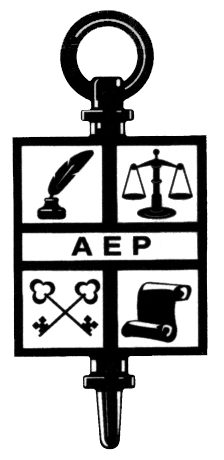Some of us are familiar enough with the phrase “estate plan



Why Should I Review My Living Trust?
Estate Planning, Family, Wills and Trusts, June 29, 2017I am sure when you completed your estate plan you felt relief and confidence that all was in place for your loved ones. However, time marches on. Just as your life changes, your trust needs to change to fit your new circumstances. The little ones who were on your lap when you first set up your trust, may have little ones of their own now. The assets you own likely have multiplied or increased in value. The people you listed as executors or trustees may no longer be able to aid you and family dynamics may have changed. It is important to note that most older trust documents fail to include incapacity planning or government benefit provisions for trustees, such as Social Security, Medicare or Medicaid.

5 Things to Consider When Selecting A Trustee
Estate Planning, Family, Wills and Trusts, June 28, 2017Choosing someone to administer your estate may be a daunting task. This person is known as a fiduciary or someone who is legally obligated to act in your interest. After you thoughtfully set up your trust and the stipulations for taking care of your loved ones financially, you will need someone to act in your behalf to see it through. He or she will be responsible for continued management of the trust and/or distribution to the beneficiaries. The trustee will consult with the beneficiaries about periodic checks issued from the trust, expenses to be paid and permissible withdrawals against the principal. Here are some considerations for selecting the right person for the job.





